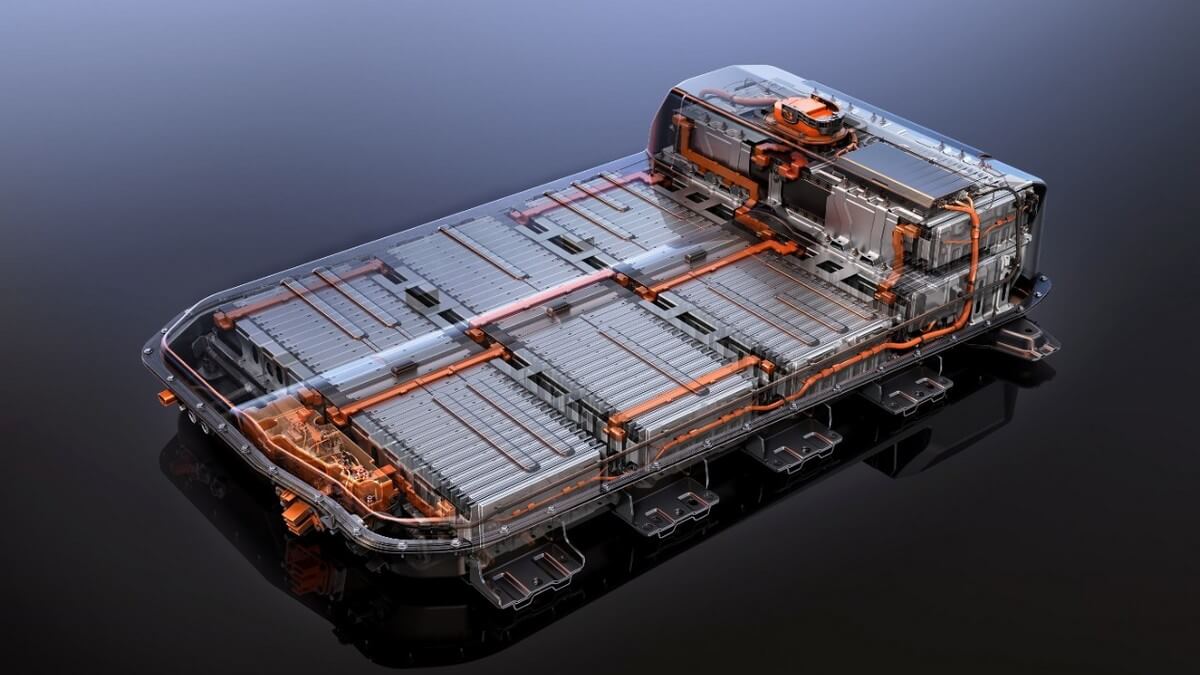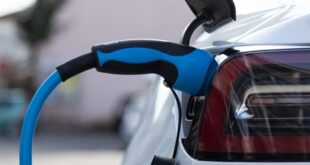In a recently published study, an automobile specs provider Cararac.com claims modern EV batteries aren’t as good as they seem.
Experts at Cararac.com initially collected data related to the top-10 oldest (2009-2013) and the newest (2020-2021) EV models. Their first conclusion was that modern EVs have, on average, 17% more horsepower. While old models provided an average of 161 horsepower, modern-day models can produce 193.8 horsepower on average instead.
Furthermore, older models using an average battery capacity of 33.1 kWh could cover 149.8 miles on a single charge. In comparison, newer EVs travel 173 miles on a 46.2 kWh battery pack. Consequently, experts noticed a 15.6 % increase in distance as opposed to a 39% increased battery capacity. In simpler words, this is bad.
An excerpt from the study reads, “Over their 12 years of production, manufacturers of electric cars have increased power and battery capacity. But it is clear that technology has not become more efficient. The batteries have more capacity, but they are barely able to deliver the same driving range with a single charge as they were 12 years ago.”
Still according to the study, the models wasting battery energy the most are the Mercedes-Benz V-class eVito (31.9 kWh), Tesla Model X P100D (28.9 kWh), Audi e-tron Sportback (31.5 kWh), Citroën e-Mehari (34.8 kWh), and Porsche Taycan 4S Performance (29.7 kWh). It’s interesting to notice that these are some of the newest, most modern flagship EVs currently on the market.
On the other hand, the vehicles which earned praise for their energy efficiency are the Citroën AMI electric (9.1 kWh) Renault Zoe I (10.6 kWh), Baojun E100 (11.1 kWh), Aixam eAIXAM (5.5 kWh), and Citroën C-Zero (11.2 kWh)—not a lot of big names here.
The results of this study are quite interesting and we look forward to just how automakers react to these claims.
This one’s for you, Musk!









Did you notice that newer EVs are larger, heavier, more luxurious and have higher performance? All of those things lead to lower efficiency. You might checkout e-bicycles. They are SUPER efficient.
The comparison may not be a relevant one considering that recent EV’s have a host of other features that contribute to power consumption. It makes little sense to compare these statistics without context. Battery efficiency is the wrong term in any case. The specific power consumption (wh/km) has constantly improved with each generation of vehicles.
Also, the sole purpose of battery improvement is not range but also other parameters such as performance, safety, performance and comfort.
The addition of these contributes to a corresponding range penalty.